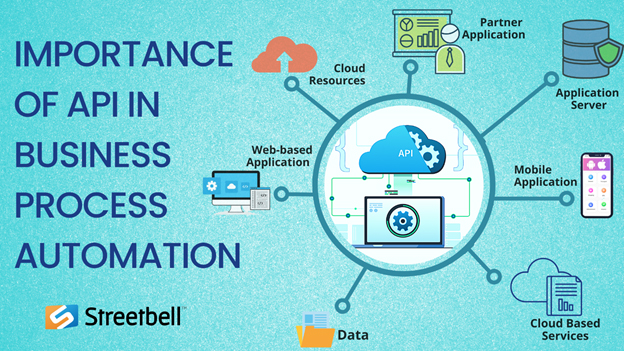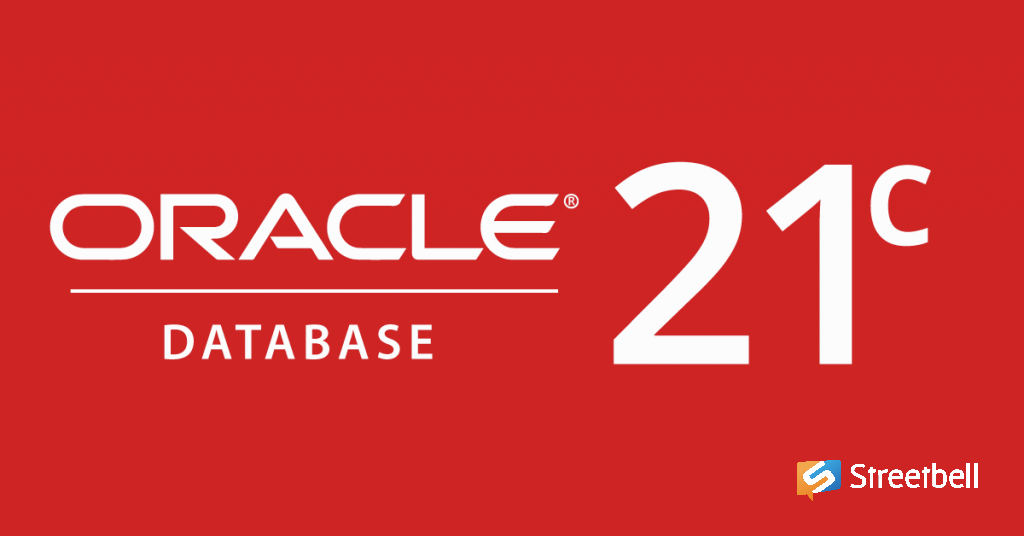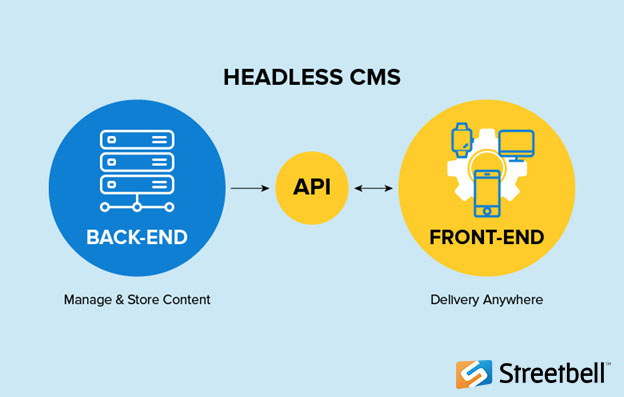
The Significance of APIs in Business Process Automation: Shopygo BPA
- Athul Raj
- Mar 14, 2022

In the last few years, Microsoft has been putting more emphasis on cloud computing and storage, in an effort to take a solid market share in this competitive and profitable market. To this end, it has introduced several products created for the cloud, and Azure SQL is one of them.
Azure SQL is a family of cloud database products that are built upon the familiar SQL Server engine for application migration, modernization, and development.
In this blog, you will see how every product fits into Microsoft's Azure SQL data platform to match the perfect option for your business need. Whether your priority is cost savings or minimal administration, this article will help you in deciding which approach will deliver against your business needs.
Azure SQL automatically implements the latest updates and patches so that databases are always up to date, thus eliminating end-of-support hassle. It even automates difficult tasks such as performance tuning, high availability, disaster recovery, and backups to help you focus on apps.
Azure SQL continuously monitors your data for threats. With Azure, you can get multi-layered protection with built-in security controls including T-SQL, authentication, networking, and key management. You can rectify potential threats in real-time with intelligent advanced threat detection and proactive vulnerability assessment alerts. You can
Microsoft uses the SQL Server database engine in the Azure cloud so you can migrate apps with ease and go on to use the tools, languages, and resources you are familiar with. SQL on Azure VM is a good fit if your existing or new applications require large databases or access to all features in SQL Server or Windows/Linux, and you need to save the time and cost of getting new on-premises hardware. Migrating your SQL workloads from on-premises to the Azure VM is no different than moving your database from one on-premises server to another. Azure SQL Managed Instance also enables easy migration and helps you bring migrated database applications to market in Azure quickly.
Azure SQL provides options for any budget, thus reducing your costs and simplifying performance management. You can pick managed services that are automatically patched, updated, and backed up for you, so you can put resources into greater priorities. Serverless compute, for instance, constantly right-sizes resources to meet workload demand. Hyperscale storage is created on a flexible, cloud-native architecture, allowing it to grow as required, rapidly scaling up to 100 terabytes. Built-in AI offers intelligent features such as automatic tuning and Advanced Threat Protection, which maintain peak performance and data protection on your behalf. SQL Server on Azure Virtual Machines provides similar efficiency and cost-effectiveness to Azure BlobCache, which gives fast and free reads for users.
Along with the operational and financial advantages that come with managed services, Azure SQL helps minimize your upfront costs with industry-leading pricing and special offers like Azure Hybrid Benefit, Reservation pricing, and Azure Dev/Test Pricing.
Part of the Azure SQL family, Azure SQL Database is a fully managed platform as a service (PaaS) database engine that controls most of the database management tasks like upgrading, patching, backups, and monitoring without customer involvement. It’s an intelligent, scalable, relational database service built for the cloud to support modern cloud applications.
Azure SQL Database always runs on the latest stable version of the Microsoft SQL Server database engine and patched OS with 99.99% availability. Customers can use advanced query processing capabilities like high-performance in-memory technologies and intelligent query processing. Admittedly, the latest functions of SQL Server are released first to Azure SQL Database, and then to SQL Server itself.
PaaS capabilities included in Azure SQL Database enable you to focus on the domain-specific database administration and optimization activities that are important for your organization. With serverless compute and Hyperscale storage options that automatically scale resources on-demand, you are free to focus on developing new apps without worrying about storage size or resource management.
Amazon’s dedicated DBaaS for relational databases is Relational Database Service (RDS) and it supports six popular database engines - MariaDB, Amazon Aurora, MySQL, Microsoft SQL, PostgreSQL, and Oracle.
AWS and Azure both offer different database services to manage both structured and unstructured data. Both products work very well with NoSQL and relational databases. They are highly available, durable, and provide easy, automatic replication.
AWS has more instance types you can provision, but Azure's interface and tooling are amusingly user-friendly, making it easy to do different database operations. Also, Azure offers caching services such as Azure Cache for Redis.
AWS puts a strong emphasis on self-service, which makes it suitable for users born in the technology era. On the other hand, Microsoft is traditionally more hands-on, offering product support and guidance via its network of sales reps.
You can choose to use Azure database services if you’re:
You can choose to use AWS database services if you’re:
The present data estates are growingly complex, with data hosted on-premises, in the cloud, or at the edge of the network. Users who migrate their databases to Microsoft’s Azure SQL have many advantages to look forward to. Azure SQL provides a user-friendly, cloud-based database that’s cost-effective for a lot of companies to upgrade to. Best of all, Azure SQL helps to ensure that you are prepared for the future of the cloud and the data stored within it.














